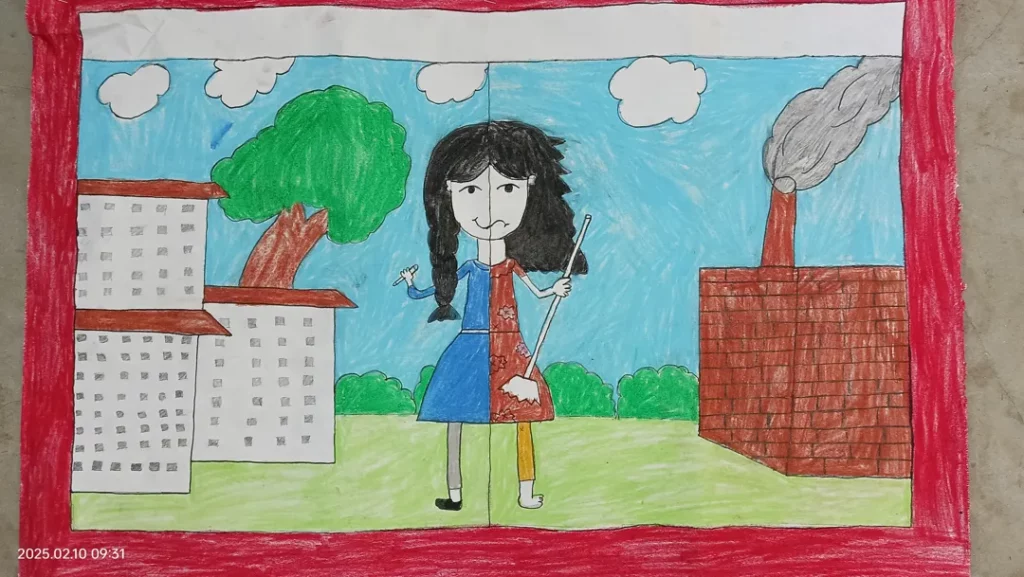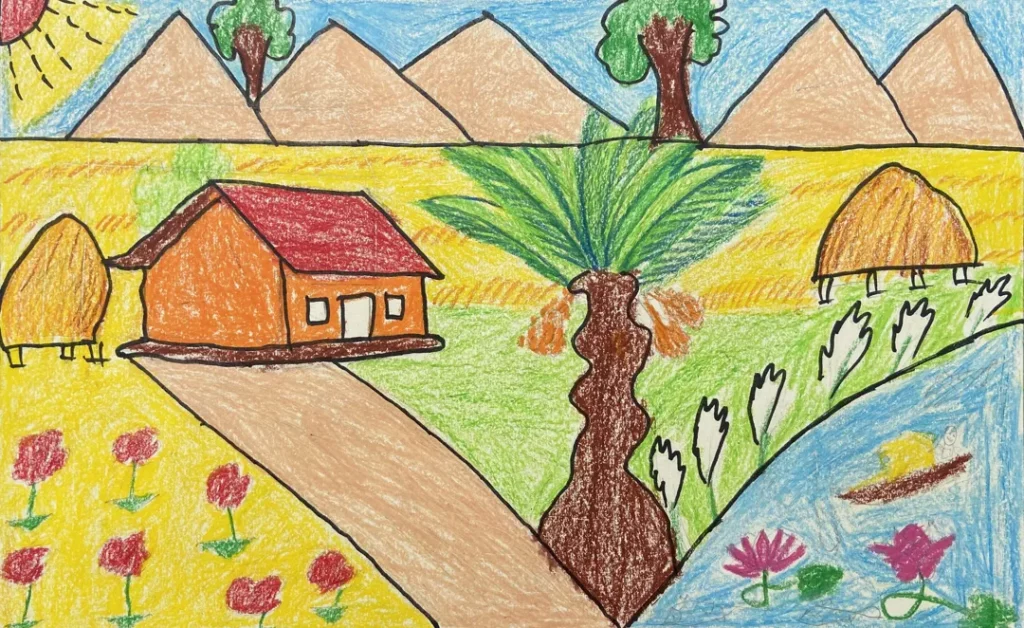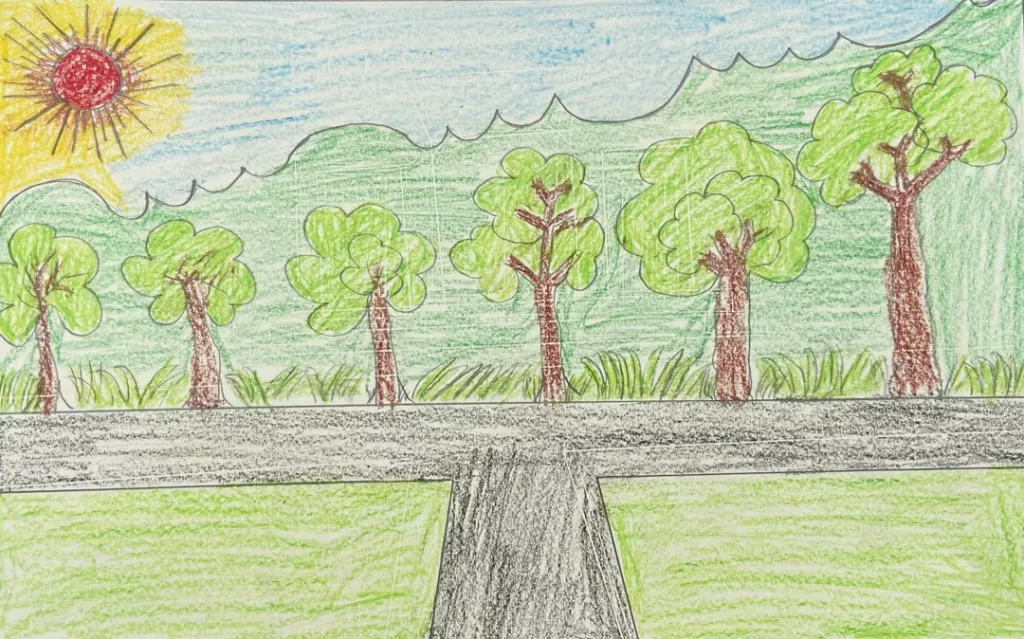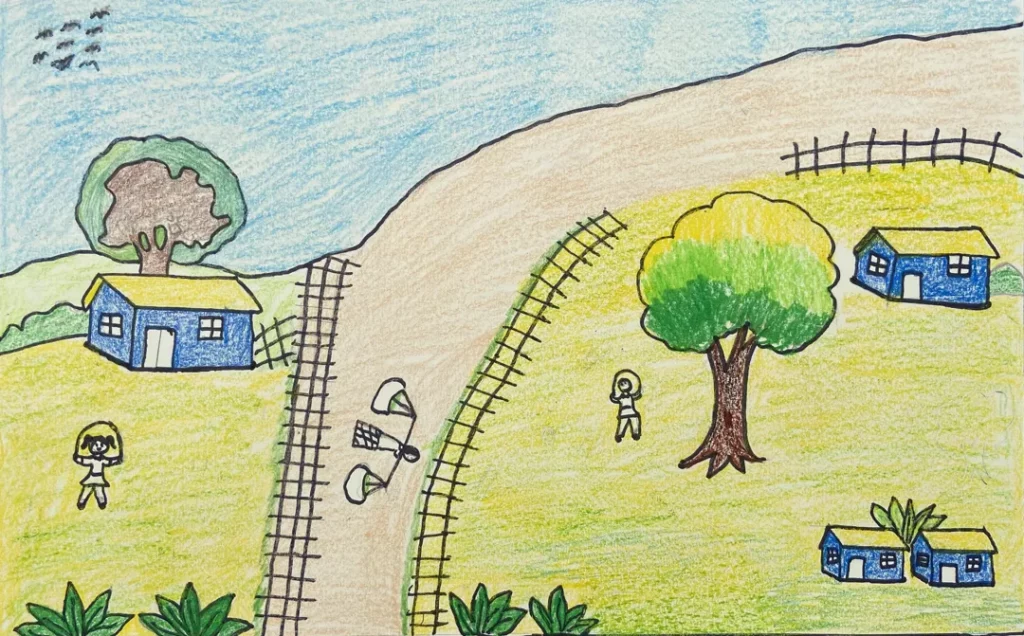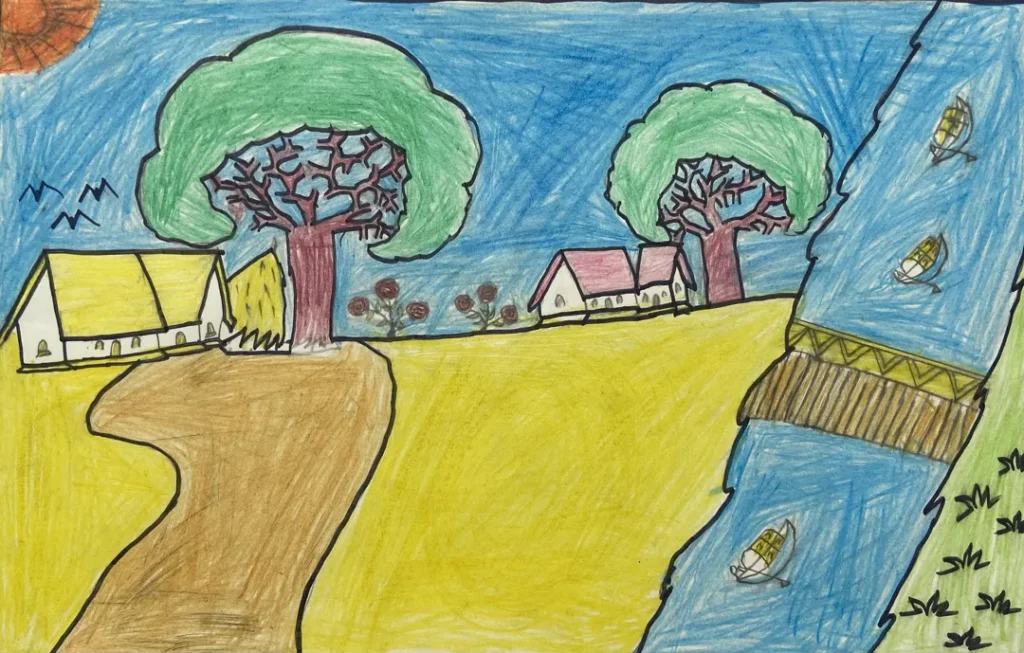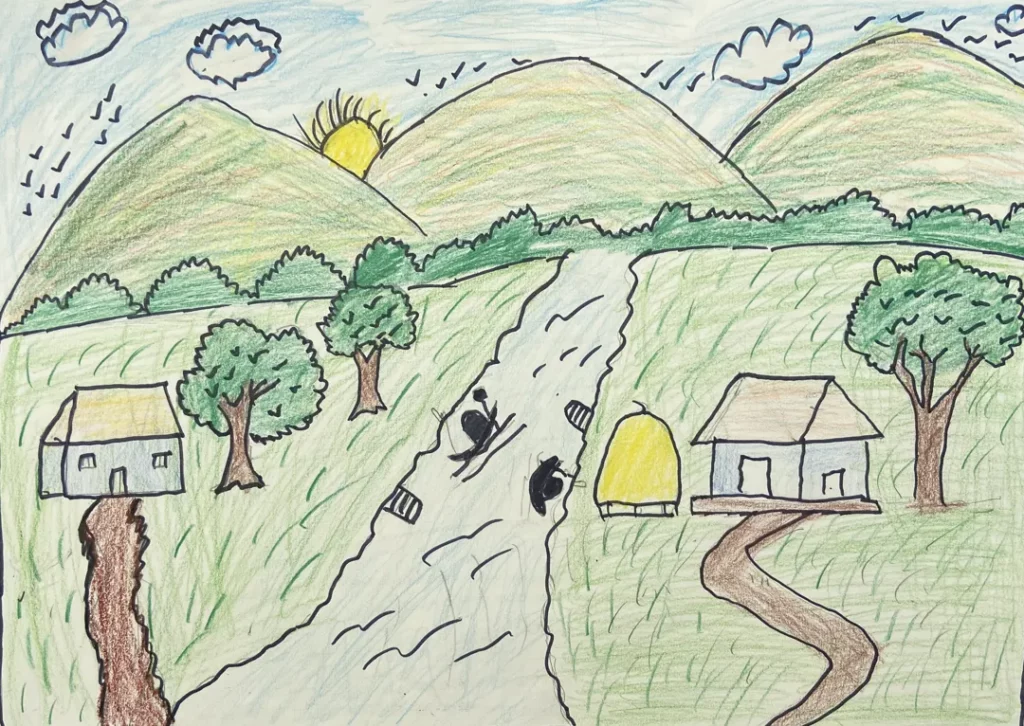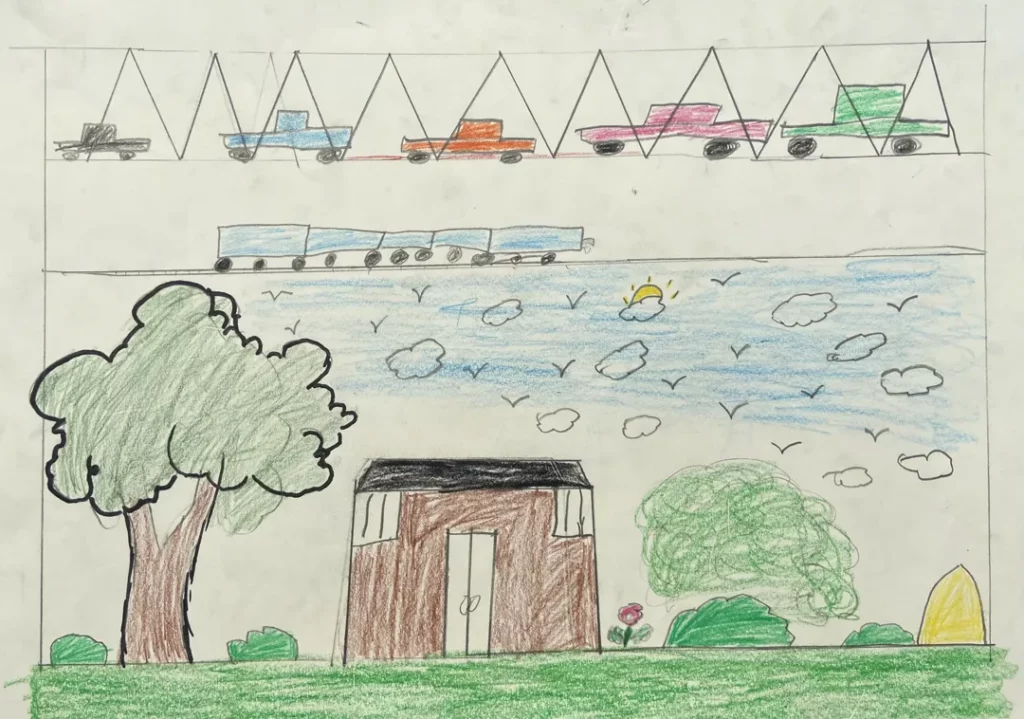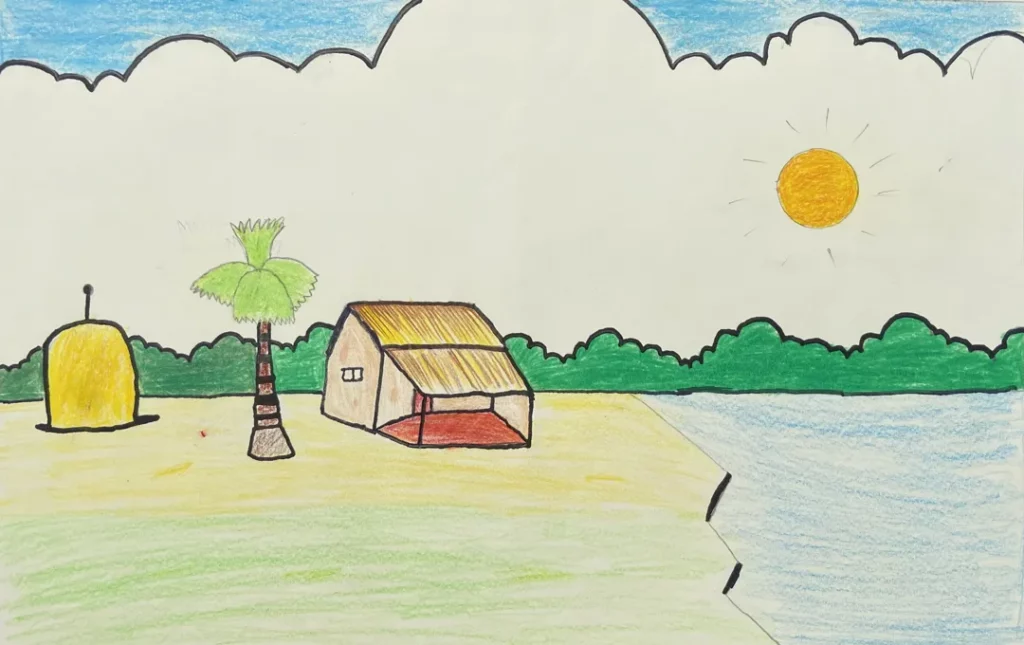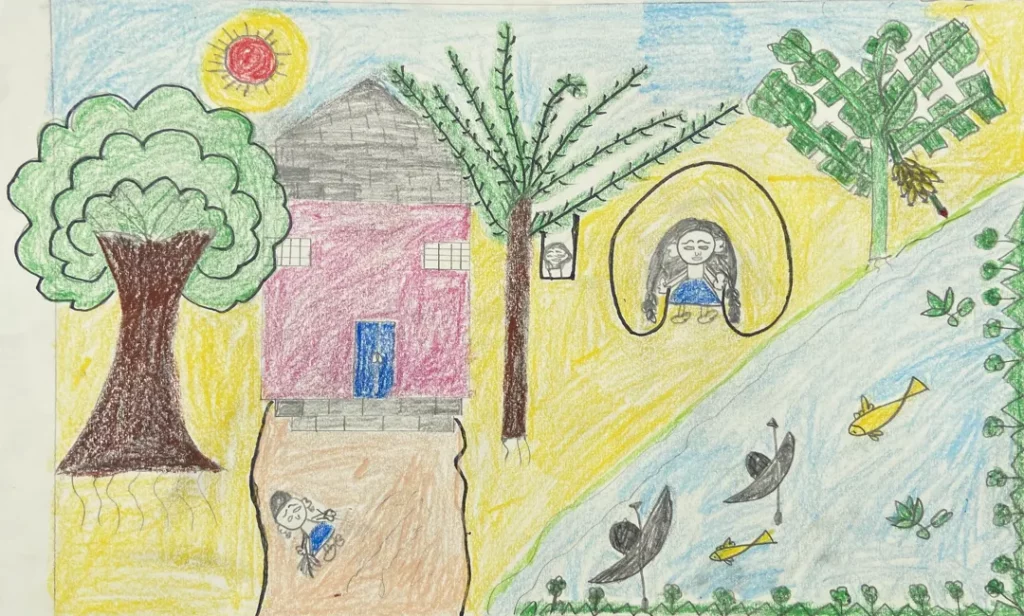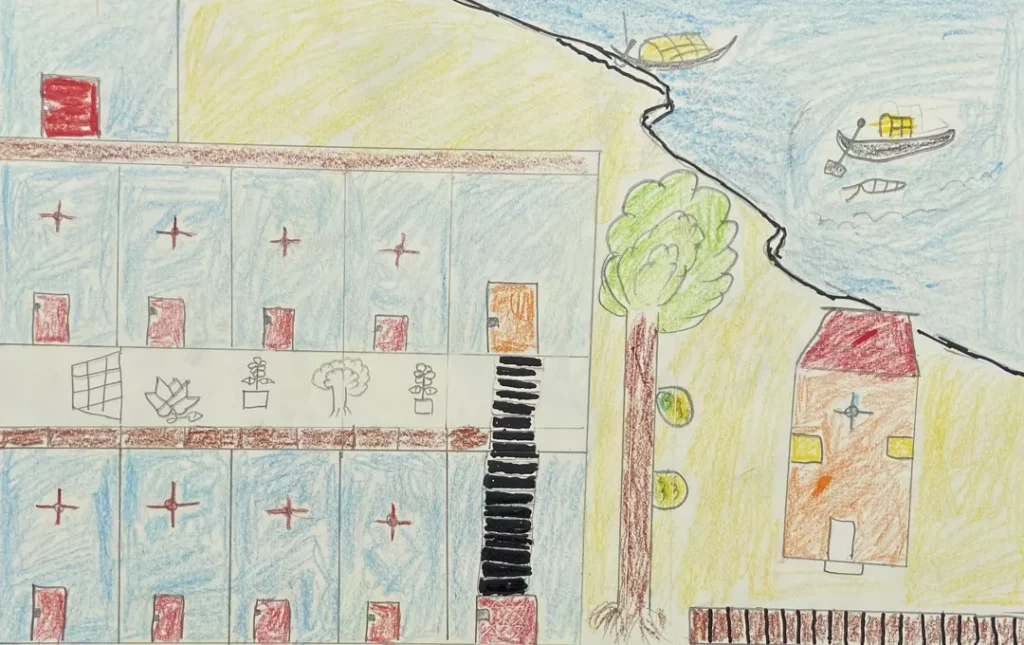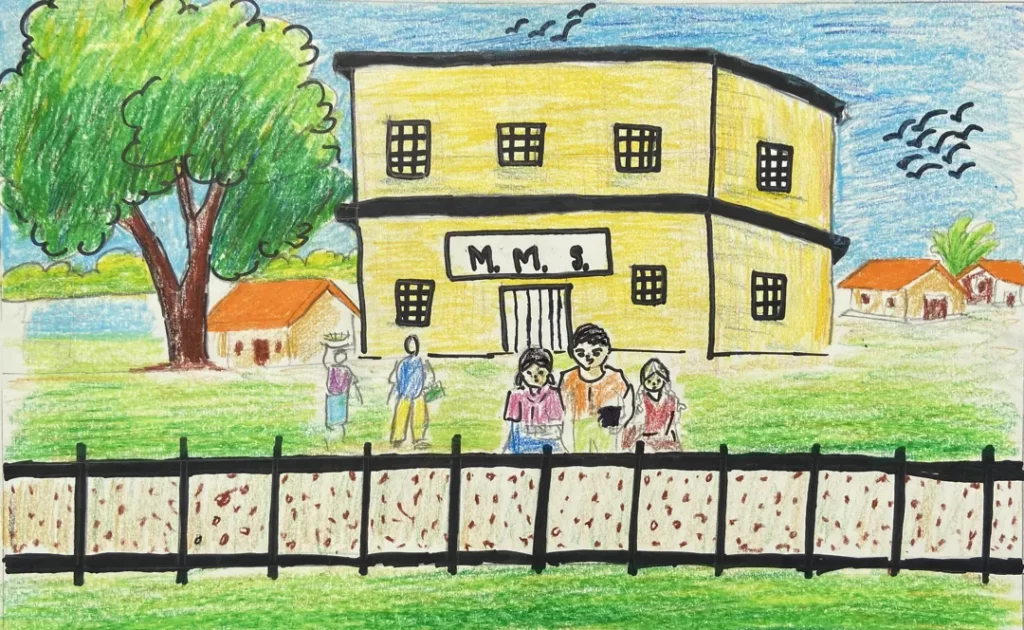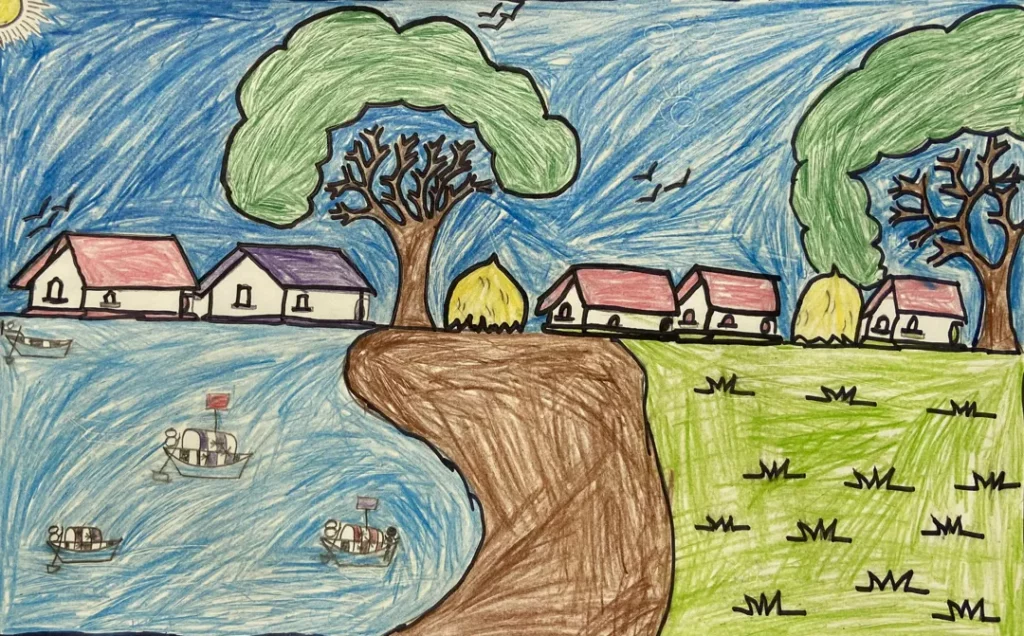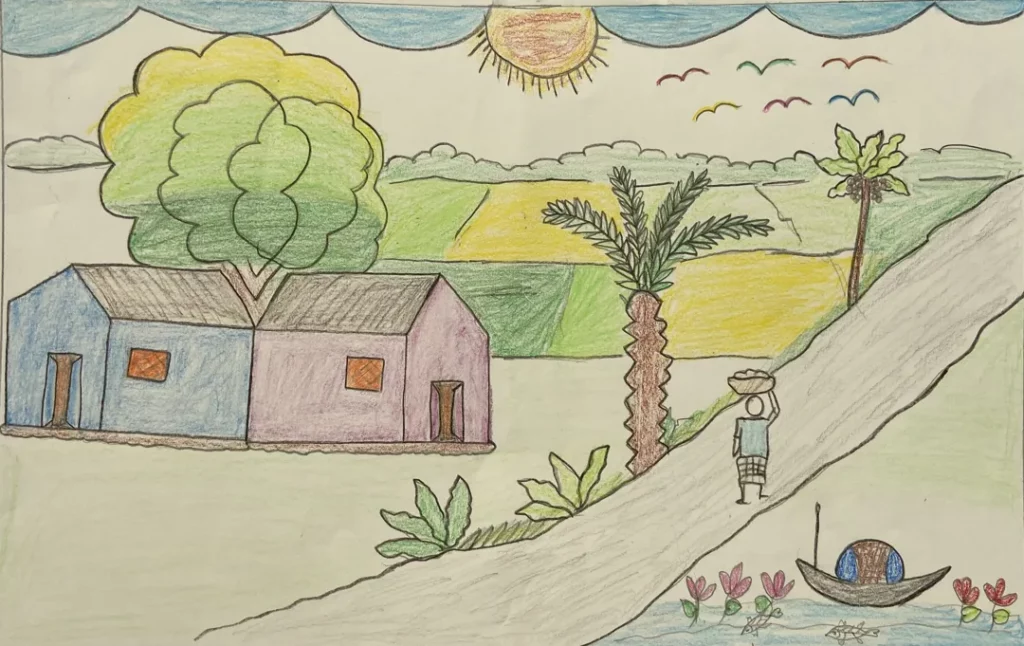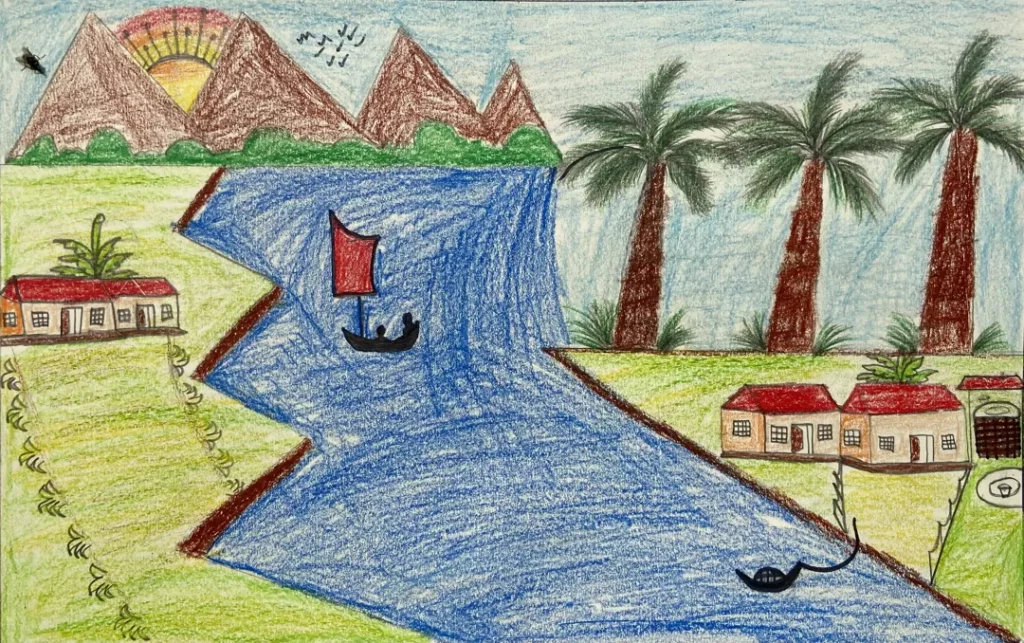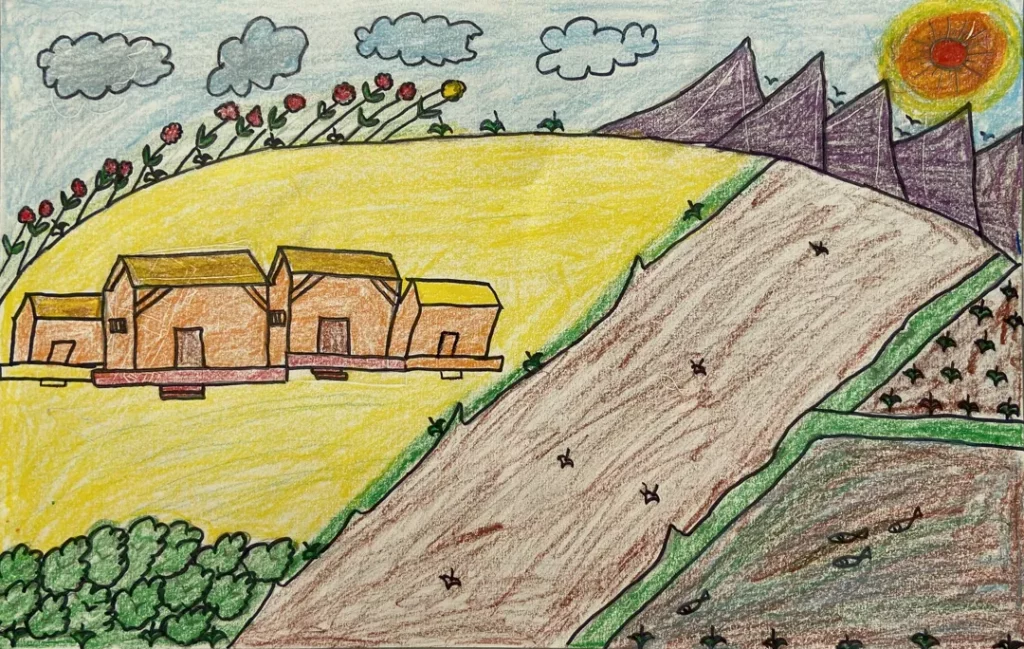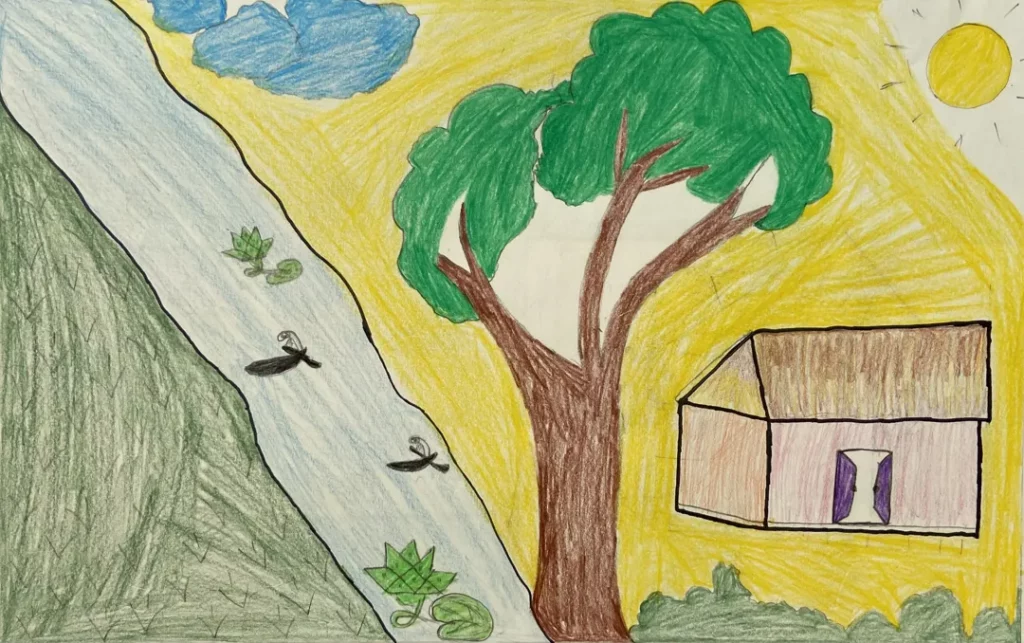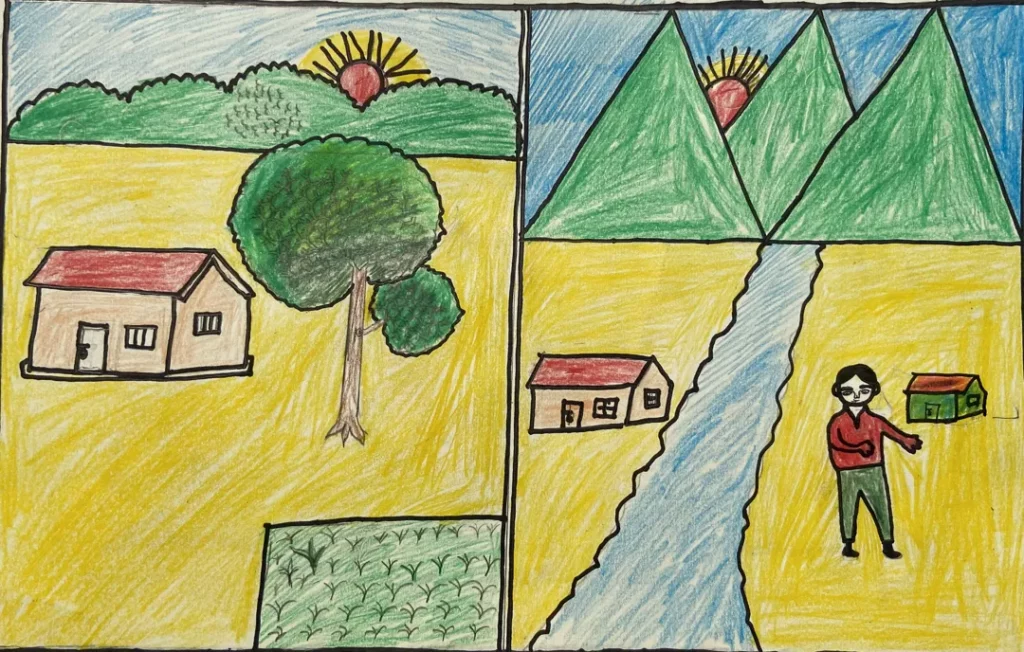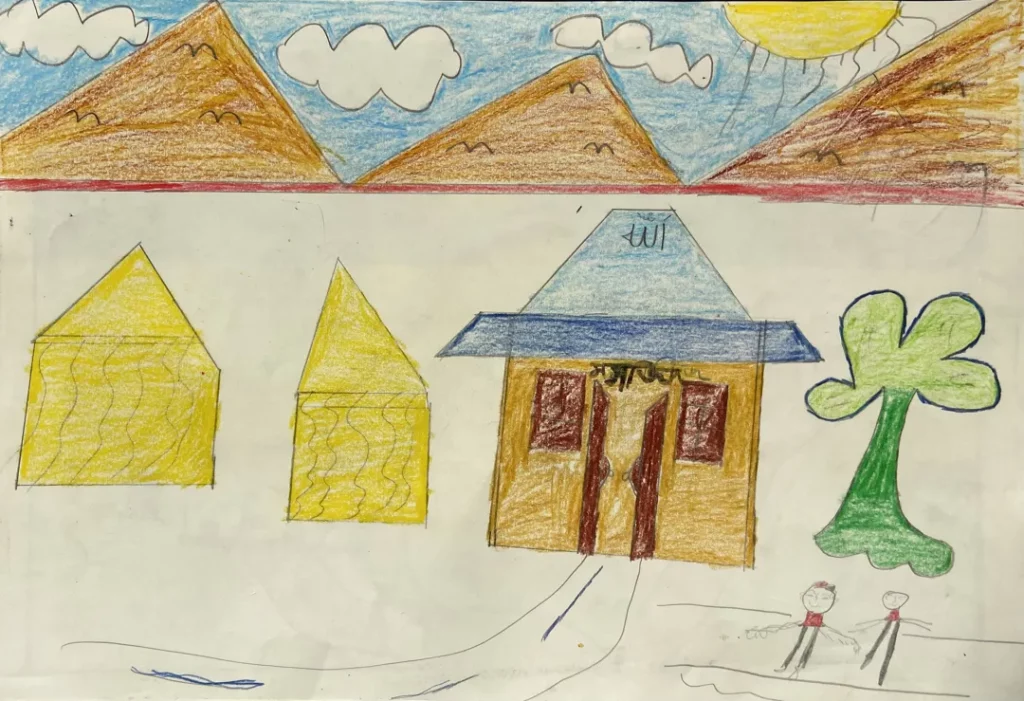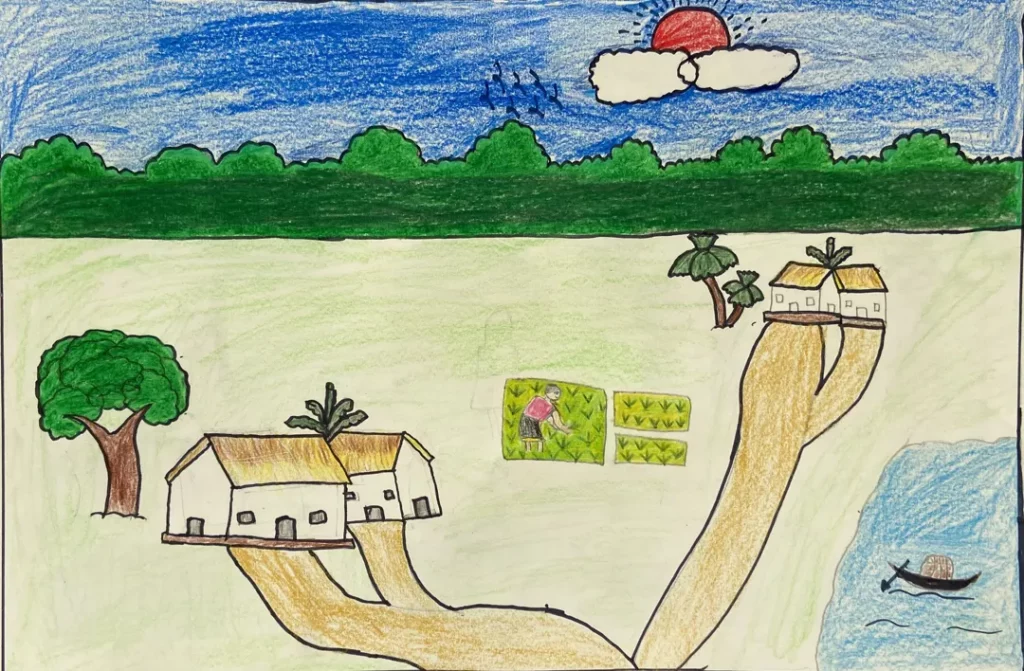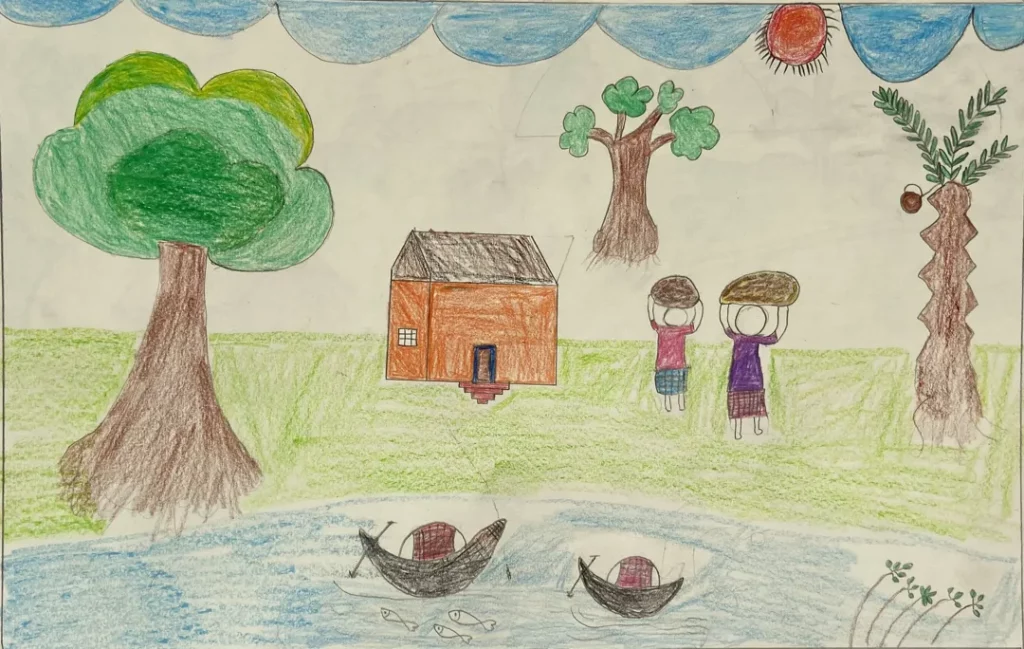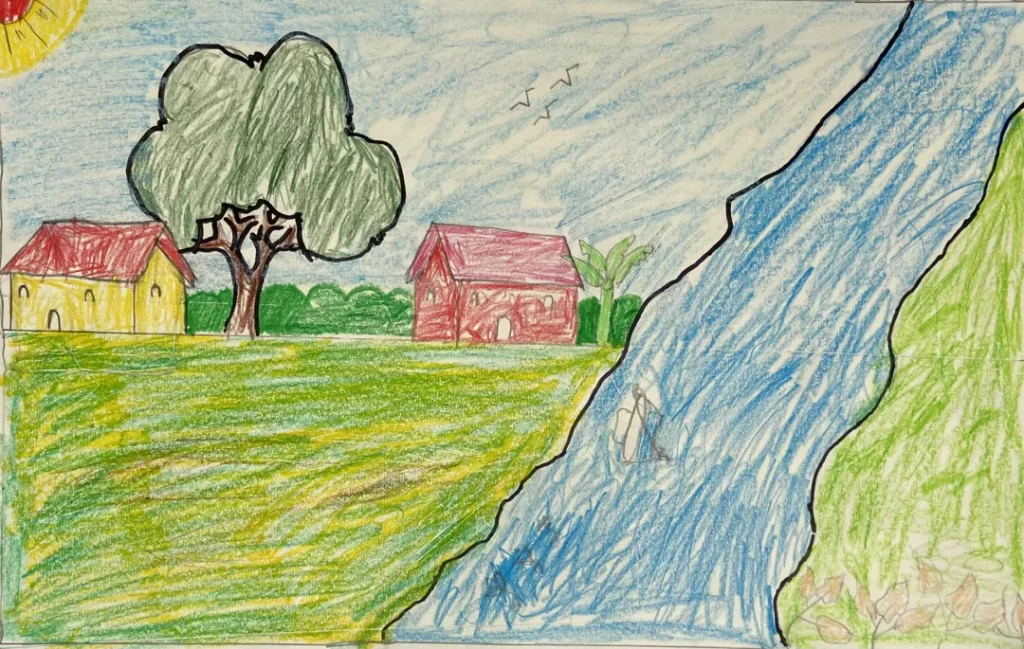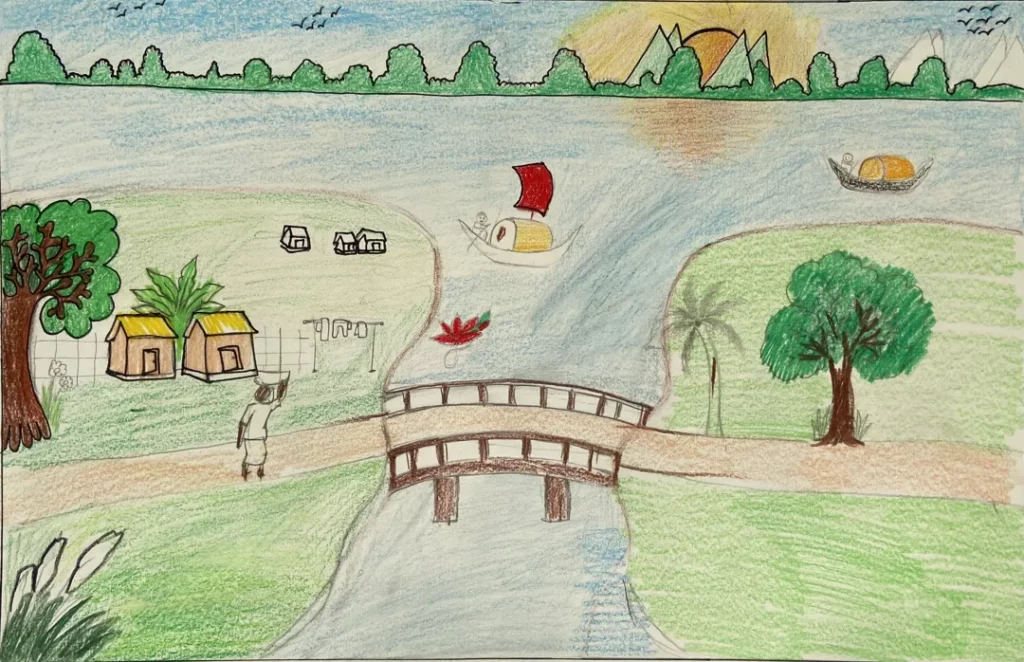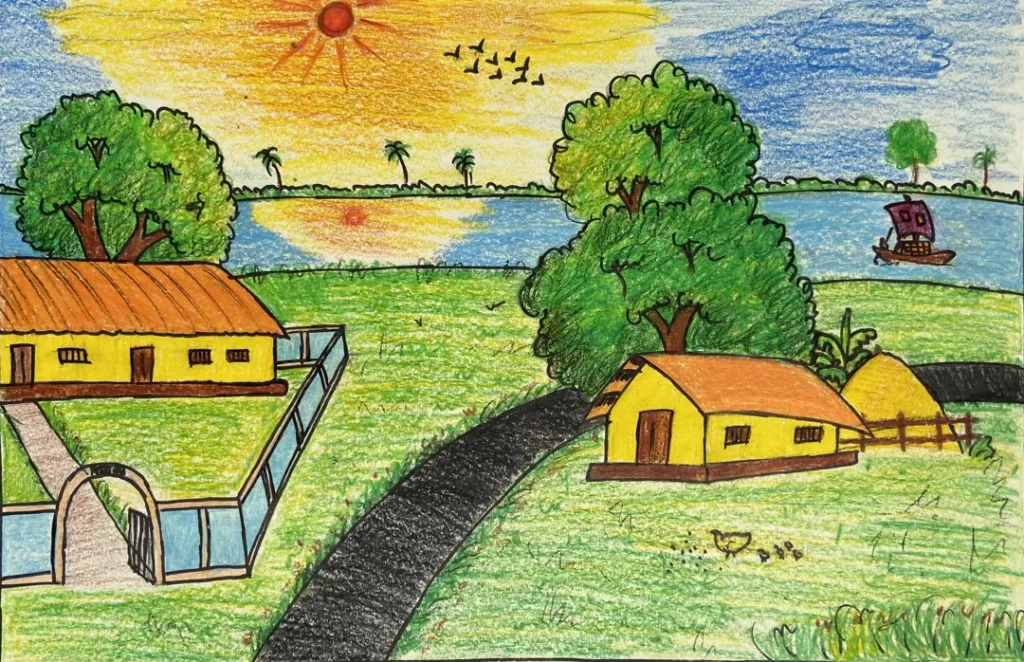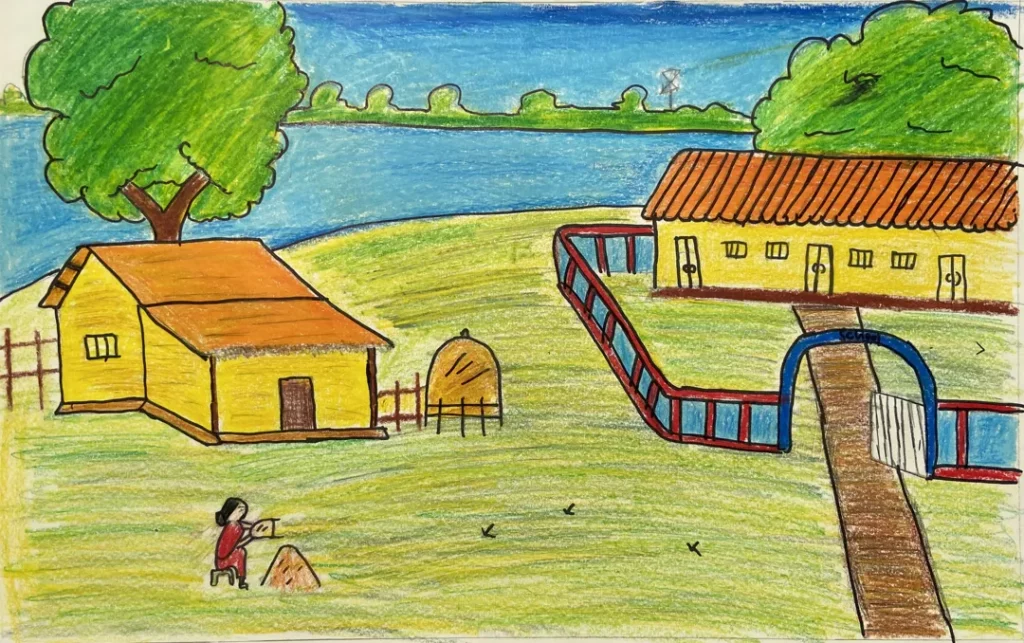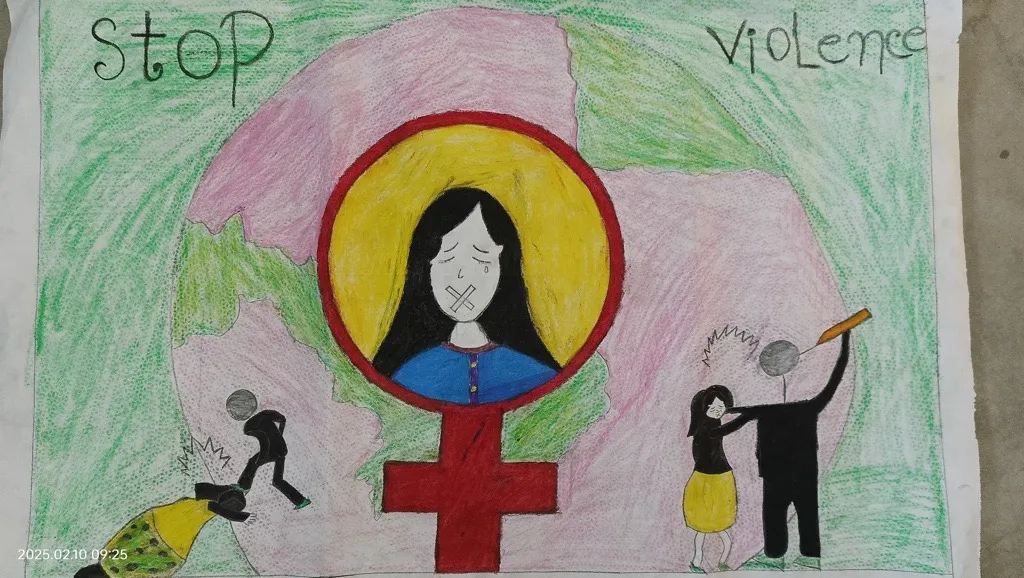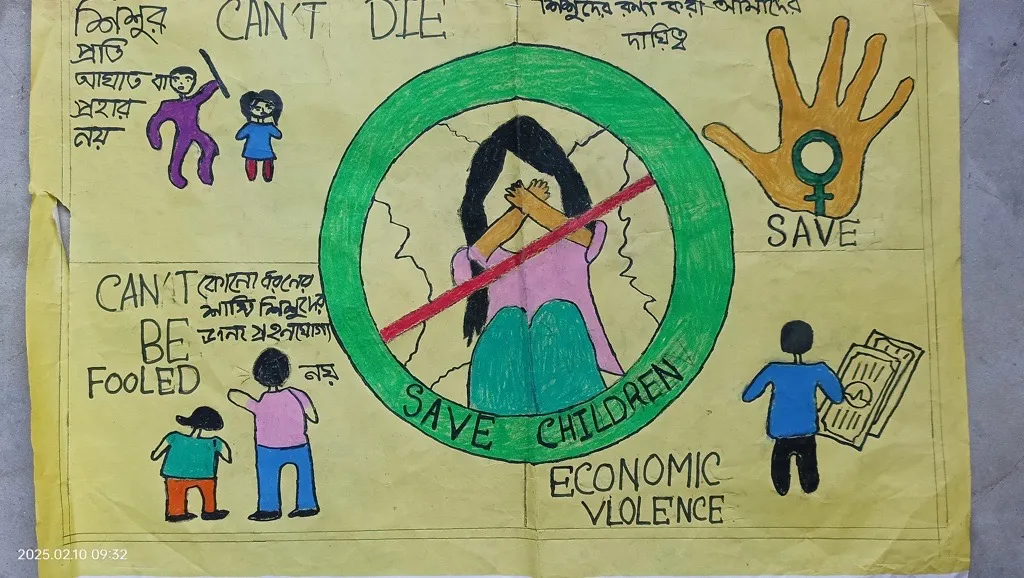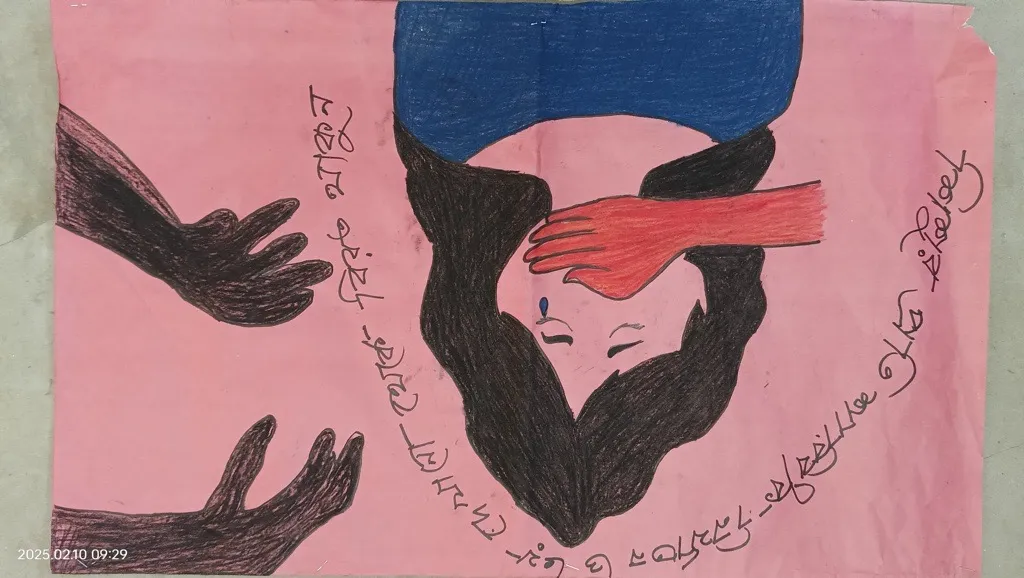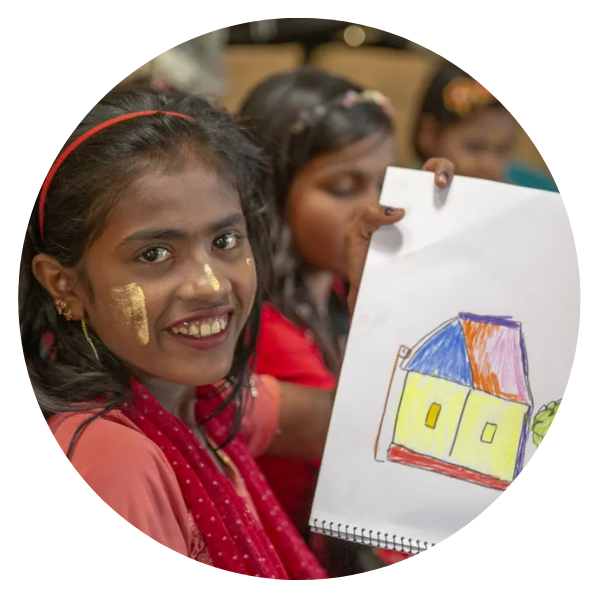It's all about children
Child protection
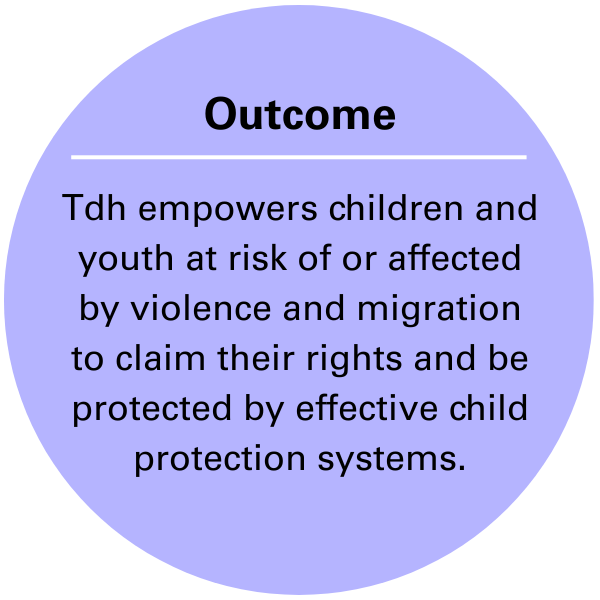
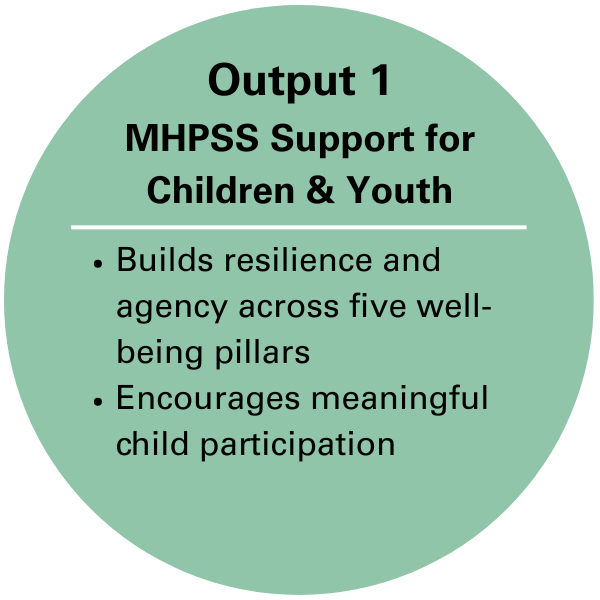
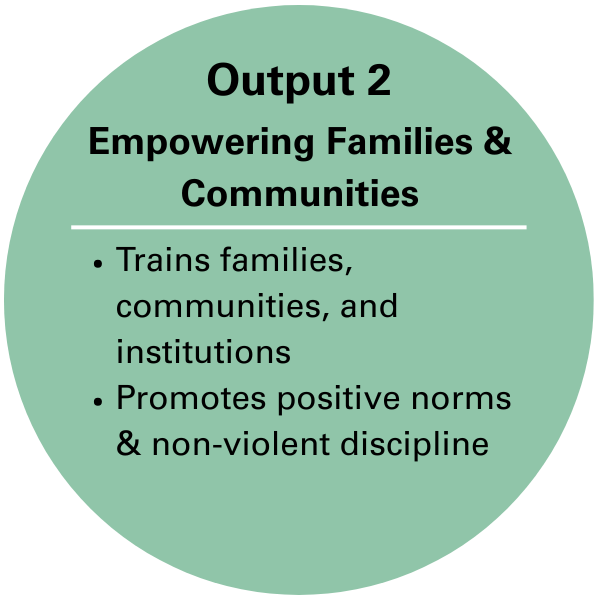
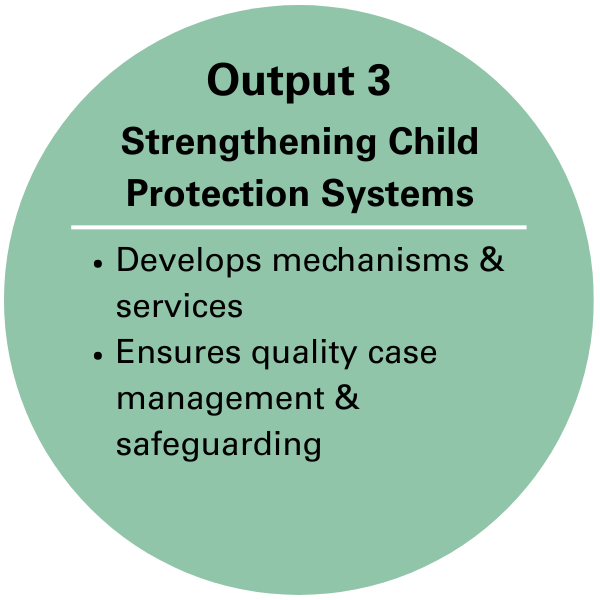
A journey to safety with Noor Kaida
Noor Kaida, a 15-year-old girl Rohingya refugee in Bangladesh.
“After joining the life skills sessions with Agrajattra and TdH, I started seeing myself differently. I learned to express my feelings and care for my sister with more confidence. I used to feel lost after my mother left, but now I believe I still have a future. I want to study again and follow my dreams, no matter what others say.”
Noor Kaida, a 15-year-old Rohingya girl, lost her father at a young age and was displaced to Bangladesh with her pregnant mother and sister during the 2017 influx. After settling in Camp 27, her mother remarried and eventually abandoned Noor and her sister. With support from a case worker and community volunteer, Noor was safely placed with her aunt, who agreed to care for them. She received protection support, food assistance, and access to life skills training. With renewed hope, Noor is now focused on continuing her education and building a better future.

